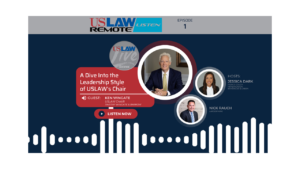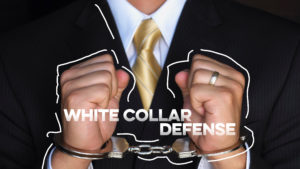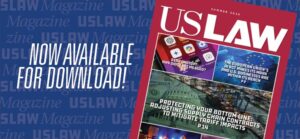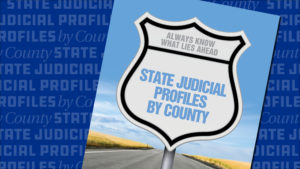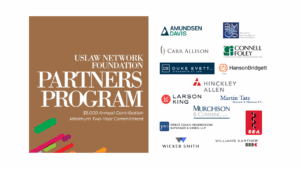USLAW NETWORK Chair Ken Wingate is the first guest on USLAW Live USLAW NETWORK officially launches USLAW… Continue Reading
WikiLeaks Publishes Sony Emails and Documents Stolen in Recent Data Breach
POSTED APRIL 21, 2015
A special to USLAW NETWORK and USLAW DigiKnow
By Karen Painter Randall, Connell Foley LLP, Roseland, New Jersey
According to a statement this past Thursday, WikiLeaks published more than 200,000 internal Sony Pictures Entertainment documents and e-mails in connection with the data breach incident involving Sony Corp.’s Hollywood studio late last year. The release included 30,287 documents and 173,132 e-mails, sent from or received by more than 2,200 Sony Pictures e-mail addresses. The material is searchable, giving legions of journalists and Sony competitors access to the information that was quickly taken down after it was first posted by hackers.
This past year, Sony Pictures computers were hacked as the company prepared to release “The Interview,” a comedy that made fun of North Korean leader Kim Jong-Un and depicted his assassination on the big screen. U.S. officials blamed North Korea for the cyber-attack, which shut down the studio’s computers, exposed executive and celebrity salaries, as well as revealed embarrassing private e-mail exchanged between Sony officials and filmmakers.
According to Julian Assange, editor-in- chief of WikiLeaks, which is known for its unauthorized publication of documents, “This archive shows the inner workings of an influential multinational corporation. It is newsworthy and at the center of a geo-political conflict.” He further stated that, “[i]t belongs in the public domain. WikiLeaks will ensure it stays there.”
During the cyber-attack in December 2014, news organizations had to capture raw Sony data posted by hackers before it was taken down from file-sharing sites by the company. The material posted by WikiLeaks on Thursday will remain on the site and includes a search tool that makes it much easier to navigate.
Sony condemned the latest release and disputed WikiLeaks’ assertion that the documents should be made available to the public. The studio further reported that it would fight for the safety, security, and privacy of its more than 6,000 employees. Sony Pictures released a statement stating that, “[t]he attackers used the dissemination of stolen information to try to harm SPE and its employees, and now WikiLeaks regrettably is assisting them in that effort.” The Motion Picture Association of America, which represents the interests of many large Hollywood studios, joined in the condemnation: “WikiLeaks is not performing a public service by making this information easily searchable,” former U.S Senator Chris Dodd, chairman and CEO of the MPAA, said in a statement. “Instead, with this despicable act, WikiLeaks is further violating the privacy of every person involved.”
The release of this confidential information starts a new chapter in the Sony data breach saga. It further demonstrates how a data breach can often have unanticipated, long-term effects on a company, which can continue to damage their reputation, as well as cause it to incur future costs even after said breach has been identified and responded to.
